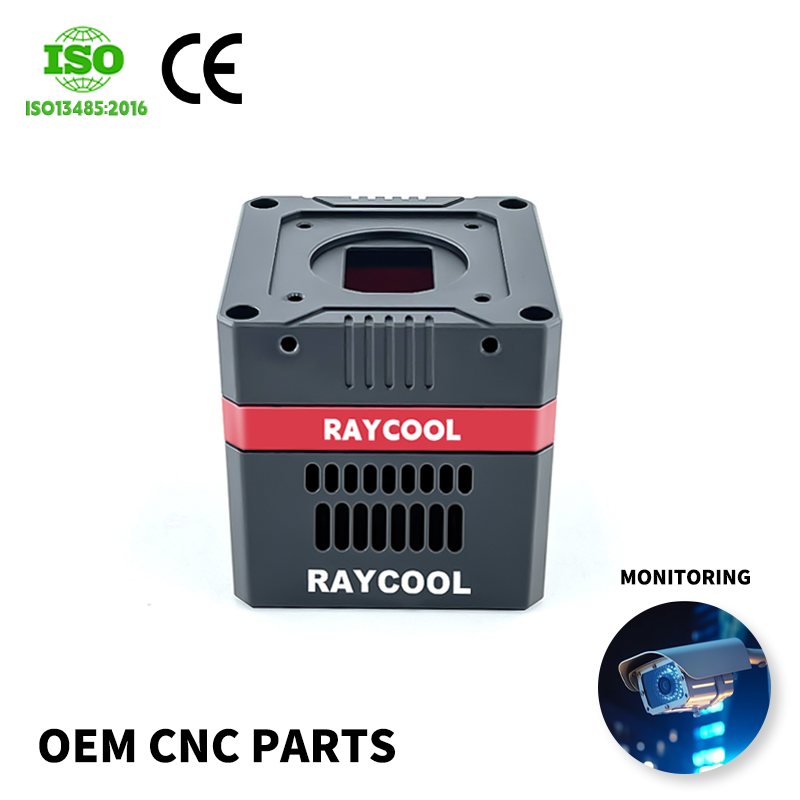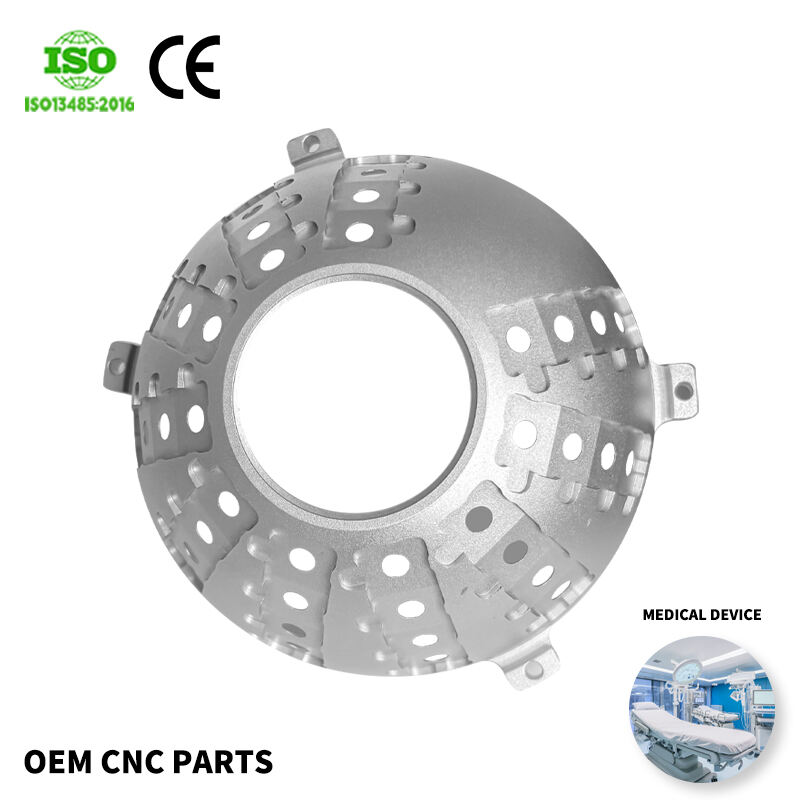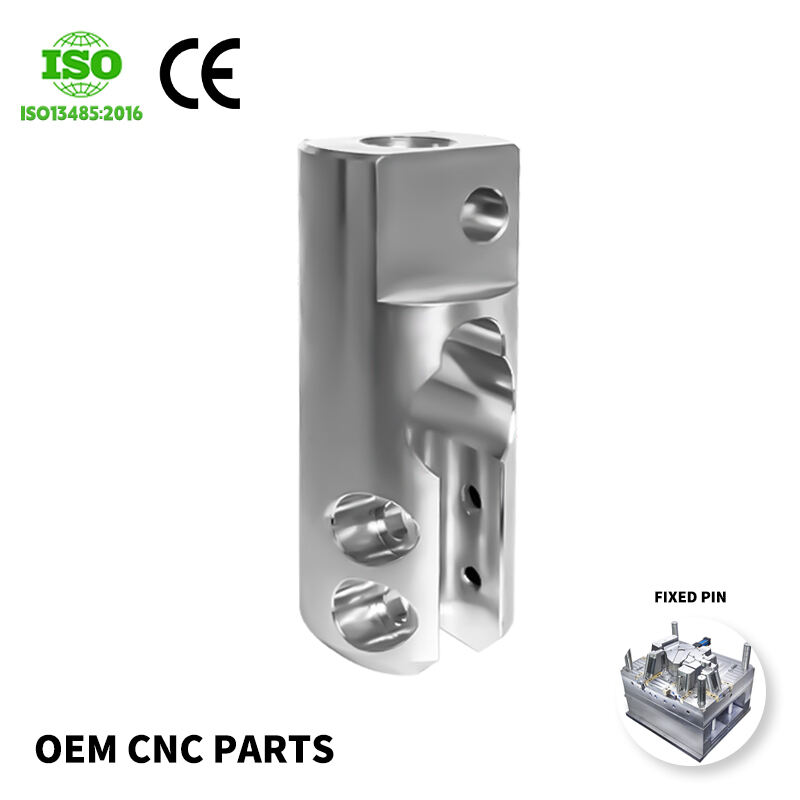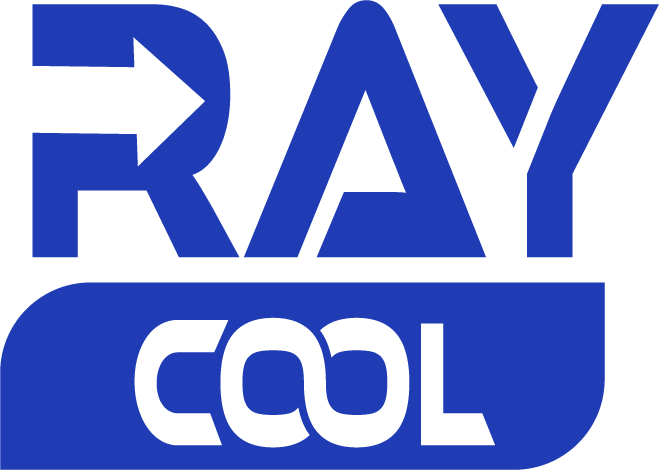aluminium sheet metal fabrication
Aluminum sheet metal fabrication is a sophisticated manufacturing process that transforms flat aluminum sheets into diverse components and products through various techniques including cutting, forming, welding, and finishing. This versatile process combines precision engineering with advanced technology to create both simple and complex parts for numerous industries. The process begins with selecting appropriate aluminum alloy grades based on specific requirements for strength, corrosion resistance, and weight considerations. Modern fabrication facilities employ state-of-the-art CNC machinery, laser cutting systems, and automated bending equipment to ensure precise dimensional accuracy and repeatability. The fabrication process can incorporate various techniques such as brake forming, rolling, stamping, and punching to achieve desired shapes and features. Advanced welding methods, including TIG and MIG welding, enable the joining of components while maintaining structural integrity. Surface finishing options like anodizing, powder coating, or brushing enhance both aesthetic appeal and functional properties. This comprehensive fabrication approach serves industries ranging from aerospace and automotive to construction and consumer products, offering solutions that combine lightweight properties with excellent strength-to-weight ratios.



